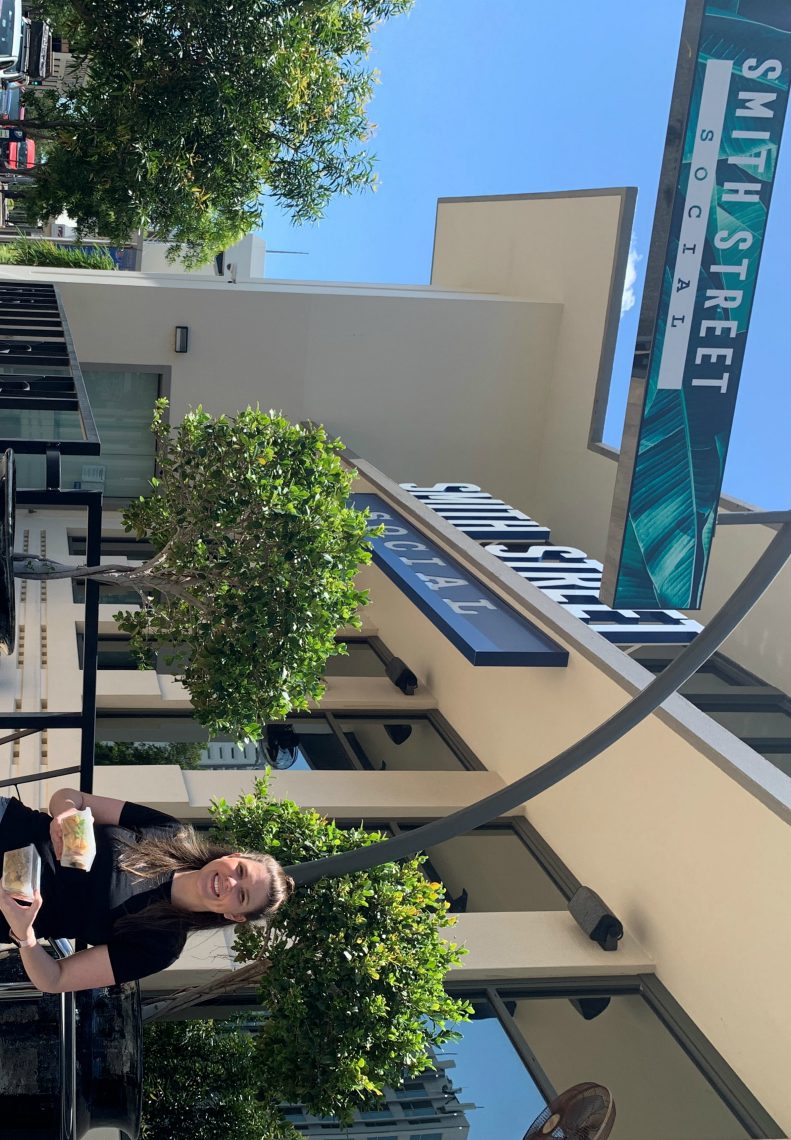Australian Venue Co (AVC) CEO, Paul Waterson, is calling on the Federal and state governments to create a clearer communication matrix with the hospitality industry, so as to give businesses a better idea of when to start preparing for some form of re-opening and what that will look like.
Speaking to Australian Hotelier, Waterson said that the industry hasn’t had a lot of clear communication or updates from government on their thinking about timeframes for re-opening venues, and is calling for a clearer matrix of how and when the industry can increase trading – particularly as community transmissions have remained in the low double digits nationwide in the last week.
“Government must have a plan, so we want to see and understand the timing of the plan. There must be assumptions that they’re making if the level of community transmissions continues at this rate: at what point would they consider letting us operate again, and under what restrictions?
“Because the industry needs to be able to plan for this; from a human perspective, from a capital perspective and most importantly, we need to give the staff some hope.”
Besides clearer communication, Waterson is calling on the Government for adequate notice to resume or increase trading, so that venues can prepare appropriately. With COVID-19 something that venues are going to have to account for in the long-term, the CEO suggests that venues will need to put in to place things like comprehensive staff training and screening, as well as venue reconfigurations, before they can recommence trading.
“These things can’t happen over night – we need notice in order to invest the money, and it’s happening at a time when many in the industry don’t have the money to invest. So the more notice we have, the easier it will be to get ready.”
In appealing for clearer communication, Waterson has looked to the example of the New Zealand Government as a model he hopes to be implemented in Australia. In New Zealand, there are four key levels of alert in dealing with the coronavirus pandemic, and the restrictions for each industry are laid out at each level. There are also clear dates as to when the government will review the level of alert under which the country is operating.
“We know on 11 May the New Zealand government is going to review their level of alert, and we know what the restrictions will be for venues if they change the level of alert. There’s just no equivalent model yet in Australia to give us real clarity on the dates in which restrictions are being reviewed, and what the lifting of restrictions would look like for our businesses,” explained Waterson.
Preparing for new consumer behaviour
In any case, Waterson and his team are assessing how they think their venues will need to change when they re-open, conceding that consumer behaviour is likely going to be a lot more wary in the aftermath of the COVID-19 crisis.
“I think the consumer is inevitably going to be more cautious and that’s why we need time to build confidence in our product.
“We’re going to have a lot of focus on contactless options for ordering and payment. I think it’s inevitable that there’s going to be greater social distancing, so we’re looking at things like placement of tables and gaming machines, and clearly things like increased cleaning regimes.”
The group is also considering having dedicated staff at venues to watch patron behaviour and make sure it’s safe under the current circumstances.
Employee support
Meanwhile, AVC has quietly spent the last three weeks supporting its 4500 staff who have had to be stood down, through a variety of initiatives. These include free meals, and a weekly stipend for those ineligible for government assistance.
While 1200 of the company’s staff will resume work this week thanks to the JobKeeper program, the majority of personnel, as casual staff or visa holders, did not qualify for support. As such, AVC decided a week after the shutdown began to support its staff in a variety of ways.
Those with employer sponsored visas are being paid $550 a week for the duration that they are stood down (once their leave entitlements have been exhausted). For staff on other visas, such as student or working holiday, an initial $100,000 hardship fund was established so they can apply for assistance. Due to demand for this, it has been extended to over $300,000.
In total, AVC will spend over $2 million supporting workers not eligible for government support.
In a broader scheme for all of its staff, AVC has set aside an initial $150,000 to prepare 50,000 meals for any of its employees that need them. Ten of AVC’s venues have remained open across Australia and the free meals can be collected on Wednesdays and Fridays. So far over 1,100 meals have been given away each week.
In addition to these staff support initiatives, AVC is also supporting hospitality workers outside of the company with $3 meals in Melbourne and Darwin. The meals can be claimed by submitting a form on the AVC website.
All told, the initiatives will cost the company a few million dollars, which Waterson acknowledges not everyone can do.
“We’re in the fortunate position in which we have the capacity to do so, and we wanted to really make sure everyone was looked after.”

